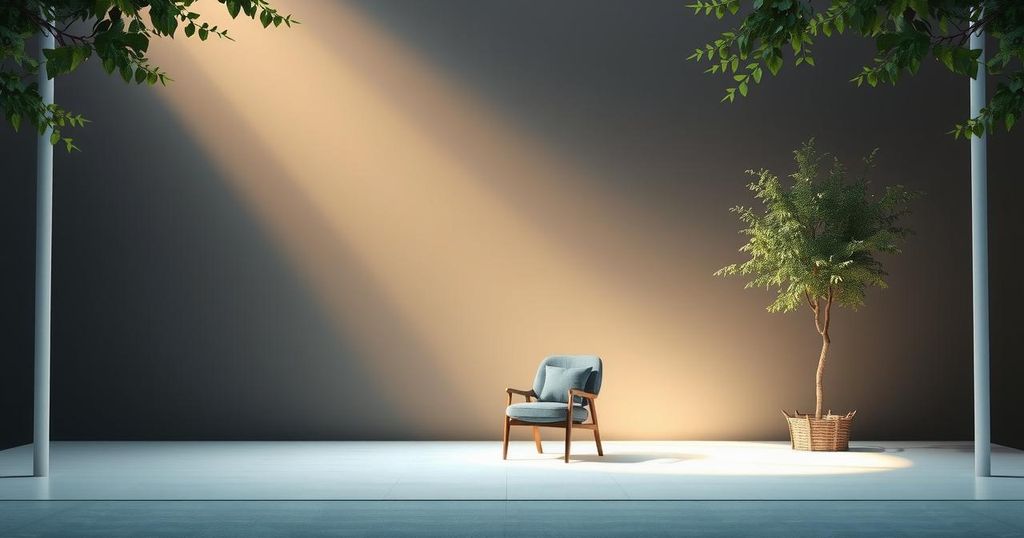Exploring Nostalgia and Familiarity in Netflix’s ‘Nobody Wants This’
“Nobody Wants This” is a Netflix rom-com featuring Kristen Bell and Adam Brody, and it has gained immense popularity by leaning into familiar tropes and nostalgia while generating discussions about its portrayal of Jewish women. The show cleverly blends humor and romance, ensuring its standing atop Netflix’s viewership charts, but it also faces critiques for relying on outdated stereotypes.
Netflix’s latest rom-com, “Nobody Wants This,” captivates with its nostalgic charm, offering a veritable buffet of plot devices that audiences crave. The narrative revolves around Joanne, a vibrant podcast host from Los Angeles, played by the effervescent Kristen Bell, and Noah, a thoughtful rabbi portrayed by Adam Brody. Their star-crossed romance unfolds through a parade of classic tropes: a charming meet-cute, humorous mishaps born from misunderstanding, and an eventful party teetering on the brink of chaos, likely the result of a high-strung character’s misguided plans. Set against a backdrop that invites comparisons to Hallmark Channel originals—especially by adding layers such as holiday cheer or interfaith relationships—”Nobody” cleverly balances the familiar and the innovative. Since its debut on Netflix last month, this series has consistently dominated viewership charts, securing a place alongside darker narratives like “Monsters: The Lyle and Erik Menendez Story.” The show’s success has prompted Netflix to announce a second season set to premiere in 2025. However, amidst the acclaim, criticisms have arisen, particularly regarding the portrayal of Jewish women, which some viewers feel leans too heavily on outdated stereotypes. Yet, it is precisely this amalgamation of comfort and familiarity that endears “Nobody” to audiences; it taps into the prevalent appeal of rom-coms flourishing on streaming, reviving a genre that had waned in theaters. In a landscape flooded with generic plots, the show’s familiar cadence—featuring relatable dilemmas like strained podcast discussions—serves as a warmly curated escape, deftly balancing ease and entertainment.
Romantic comedies have seen a resurgence on streaming platforms, capturing viewers’ hearts even as their theatrical counterparts have diminished in popularity. With audiences increasingly drawn to formulaic narratives that evoke nostalgia, shows like “Nobody Wants This” have maneuvered to deliver these elements in a way that feels both comforting and fresh. Capturing quintessential themes of romance intertwined with cultural intricacies, the genre adeptly reflects contemporary relationships while providing a nod to classic storytelling tropes. As networks and streaming services capitalize on what audiences desire, this particular title exemplifies the industry’s ability to blend familiarity with modern nuances, ensuring its relevance and appeal.
In essence, “Nobody Wants This” serves as a reminder that viewers often crave the comfort of familiarity wrapped in a charming narrative. While the show captivates with its nostalgic elements and predictable yet endearing tropes, underlying criticisms about its representations indicate a need for more nuanced portrayals in romantic comedies. As it secures its spot at the top of Netflix’s charts, this series becomes a beacon for those who revel in the warmth of a predictable love story, promising to both entertain and resonate deeply.
Original Source: www.nytimes.com




Post Comment